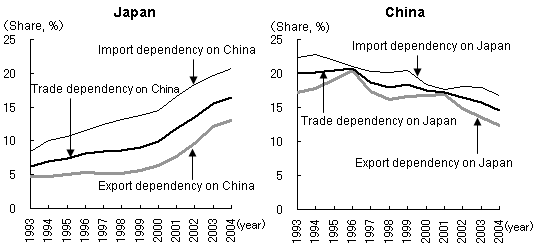SamuraiBlue
Captain
Some people really loves sound bites don't they.
As I said Japan had not seen any of the above which would define a recession.
Definition of Recession
In a 1975 article, economic statistician Julius Shiskin suggested several rules of thumb for defining a recession, one of which was two down consecutive quarters of GDP. In time, the other rules of thumb were forgotten. Some economists prefer a definition of a 1.5-2 percentage points rise in unemployment within 12 months.
In the , the Business Cycle Dating Committee of the (NBER) is generally seen as the authority for dating US recessions. The NBER defines an economic recession as: "a significant decline in economic activity spread across the economy, lasting more than a few months, normally visible in , , employment, , and -." Almost universally, academics, economists, policy makers, and businesses defer to the determination by the NBER for the precise dating of a recession's onset and end.
In the , are generally defined as two consecutive quarters of negative economic growth, as measured by the seasonal adjusted quarter-on-quarter figures for . The exact same recession definition applies for all member states of the ....
As I said Japan had not seen any of the above which would define a recession.



